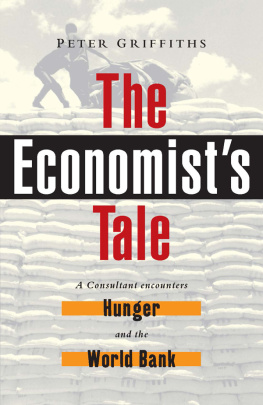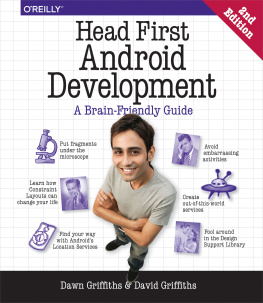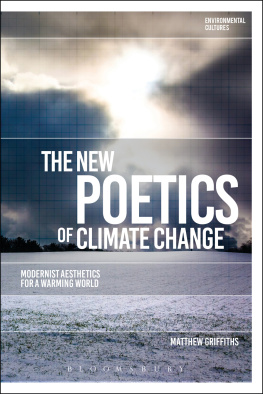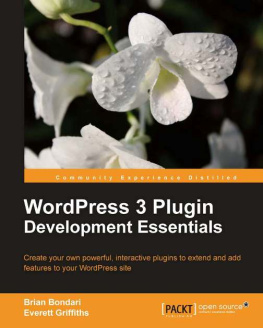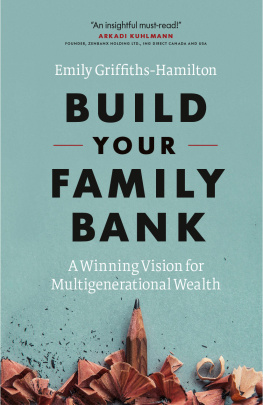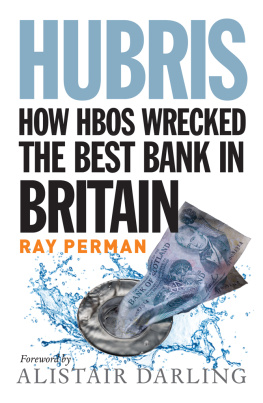
About this Book
What really happens when the World Bank imposes its policies on a country?
This is an insiders view of one aid-made crisis. Peter Griffiths was at the interface between government and the Bank. He saw the decisions being made, and why. He saw the pressures put on civil servants, politicians, aid workers, consultants and World Bank officials to do nothing and instead to let the crisis develop into a full-blown famine.
In this compulsively readable day-by-day account of a mission he undertook in Sierra Leone, he uses his diary to tell the story of how the World Bank, obsessed with the free market, imposed a secret agreement banning all government food imports and subsidies. The collapsing economy meant that the private sector would not import. Famine loomed. No ministry or state marketing organization could reverse the agreement. It had to be a top-level government decision whether Sierra Leone could afford to annoy World Bank officials.
The authors powers of description, insights, and courageous honesty about the pressures he faced, make this a rare and important portrait of the aid world and the kinds of situation that outside consultants can encounter.
The Economists Tale
A Consultant Encounters Hunger
and the World Bank

Peter Griffiths

ZED BOOKS
London
The Economists Tale: A Consultant Encounters Hunger and the World Bank was first published in 2003 by Zed Books Ltd.
This ebook edition was first published in 2015.
Zed Books Ltd, The Foundry, 17 Oval Way, London SE11 5RR, UK
www.zedbooks.co.uk
Copyright Peter Griffiths, 2003
Everything in this book happened. However, to protect the guilty it has been necessary to change the names, nationalities and organizational affiliations of the people involved.
The right of Peter Griffiths to be identified as the author of this work have been asserted by him in accordance with the Copyright, Designs and Patents Act, 1988
Designed and typeset in Monotype Joanna by illuminati, Grosmont
Cover designed by Andrew Corbett
All rights reserved. No part of this publication may be reproduced, stored in a retrieval system or transmitted in any form or by any means, electronic, mechanical, photocopying or otherwise, without the prior permission of Zed Books Ltd.
A catalogue record for this book is available from the British Library
ISBN 978 1 84277 184 6 (Hb)
ISBN 978 1 84277 185 3 (Pb)
ISBN 978 1 78360 781 5 pdf
ISBN 978 1 78360 782 2 epub
ISBN 978 1 78360 783 9 mobi
Contents
FOREWORD
Is the Story True?
Everything in this book happened: the facts, the figures, the dates, the interventions by the World Bank, the interviews with civil servants and potential importers are true. Even the Cabinet Paper is quoted verbatim.
The economics is correct, but has been simplified to keep the storyline clear. A full analysis of the food and agriculture sector, with its dozens of interlinked industries, would be many times longer than this book, and would be opaque to anyone but a handful of specialists.
The biggest constraint in writing the book was the law of libel. Some of the people I met were incompetent, some were corrupt, some were evil. Most of the others had peccadilloes that they would not like to be made public. The only way round this was to ascribe real actions to invented characters. For example, while the World Bank did intervene as I describe, there was no Resident Representative in Sierra Leone at the time, and no World Bank office there. I have changed nationalities and institutional affiliations, and many characters, such as Brendan, are invented. In one or two instances, people may appear identifiable, as there was only one Minister of Agriculture, and only one General Manager, but in each of these cases I have invented characters and actions.
Steve Lombard did exist: he did stop a famine in Tanzania and he did get fired. Mr Kamara did take me to the hospital in Bo during the rioting. The Nordic doctor did repair refrigerators for the polio campaign. Chief Margai did wear a ring.
Why did I write this particular book?
I wrote this book because this was the only food crisis where I have been near the centre of events at the key times. I knew the facts; I saw the decisions being made; I saw why they were being made; I influenced them.
In other food crises, I have not known the full stories. When Steve Lombard was stopping the famine in Tanzania, I heard what was happening second-hand. Elsewhere, I have worked on a crisis brought about by IMF/World Bank interventions, but the interventions had been made by people I never met, four or five years before I arrived in the country, for reasons I could not fathom.
The duty of the individual
This book shows that it is individuals who cause poverty, under-development and famine, by their actions, by their failure to act, and by their failure to speak up.
Some individuals choose to be incompetent, dishonest or downright evil. Some are pressed to be by their employers, their family or their society. Others tolerate incompetence, dishonesty or evil because they are afraid. They may be afraid that they will lose their jobs and starve. They may be afraid that they will be beaten up or killed. Or they may be afraid that they will be seen to be making a fuss.
Workers in the aid industry have to bow to pressures from clients, consultancy firms, donor organizations and the whole aid system if they are to continue to work in aid. Like most of my colleagues, I try to do my best within the limits of what can be achieved. I suspect, though, that often I have acted within the limits of what is good for my career.
Unless the aid industry tackles this problem, it will achieve as little in the future as it has in the past.
Dear Jane,
Ever since you were a little girl, you have been embarrassed by my job. What could be more boring, more uncool than to be an economist?
Yet economists kill or save many times more people than generals, especially if you consider that most wars are fought as an instrument of economic policy.
This is the story of one battle between economists. It was only a small battle: the number of lives that could have been lost was rather less than the number lost by the combined armed forces of the British Empire during the Second World War, though a lot more than the USA lost in two world wars and Vietnam put together.
The story is drawn from my diary of four months working as an economic consultant in Sierra Leone. The diary shows how an economist works and thinks in the real world, which is not how economists in the universities work or think, but is a lot more exciting. At least, I think trying to avert an impending famine is exciting.
The events, the economics, the crisis happened. Fiction it is not.
Read it and you will know more about me.
Your loving father,
Peter
The Task Ahead
MONDAY, 4 SEPTEMBER
The White Mans Graveyard, they call it; the poorest place on Gods earth. It looked like a tropical paradise this morning, as I ate a breakfast of pawpaw and mango on the terrace of a four-star hotel, and looked out over two miles of deserted beach. True, when the plane landed last night, we had gone through the most decrepit international airport I have ever seen, but it was too dark to see the city or the countryside on the way to the hotel, so I had not seen any of the signs of a country on its knees.
All I knew at breakfast time this morning was that my job here was to look at Sierra Leones food situation. I had to do an economic analysis of the food policy, find out if there were any problems and come up with solutions. All by myself. All in four months. Today I was going to have to try to find out what my job really was. Of course, my tasks were set out in the written Terms of Reference in my contract, but these TOR are always a polite fiction. In fact, anybody who has anything to do with drawing them up has their own hidden agenda, whether it is increasing their personal power, firing the Managing Director, getting a large aid budget for the country, or diverting some of the aid into their personal bank accounts. Unless I can find out what these people really want, I will not be able to develop a solution that they will accept and implement.
Next page
